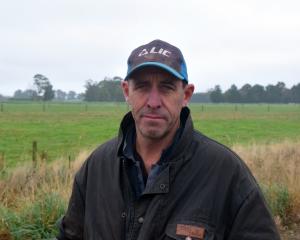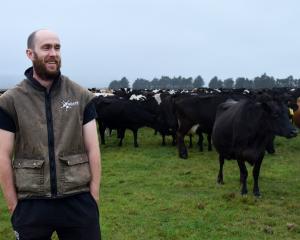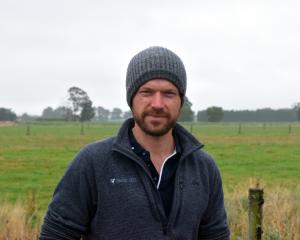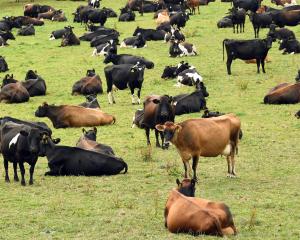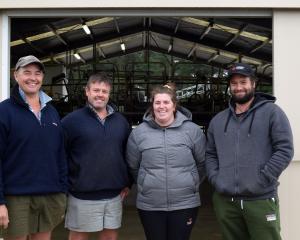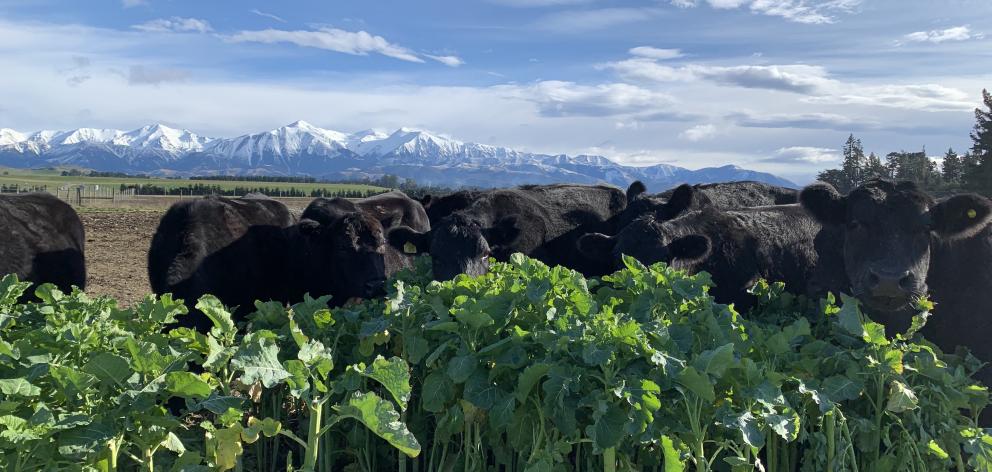
ORC regulatory and communications general manager Richard Saunders said Otago farmers need to be aware of several changes relating to national regulations for winter grazing for the 2023 season, and beyond.
The updated national regulations come into effect on November 1, 2022, and did not impact the 2022 winter grazing season.
The regulations in the Government’s National Environmental Standards for Freshwater meant that by May 1 next year, if farmers could not meet the permitted criteria, they should have a consent.
There have been several key changes to the regulations about intensive winter grazing.
The addition of "critical source areas" — such as gullies and swales —to the regulations means farmers need to be thinking about how these areas would be managed.
“This means that these areas should be left ungrazed unless consent is sought.”
There were several other ways to protect the areas, such as avoiding cultivating them and not grazing them, leaving adjacent grass buffers intact or by fencing off steep parts of them.
Farmers could also look at installing multiple small sediment traps, ensure subsurface drains were not feeding into the area and consider planting natives such as toetoe, flax or carex.
The earlier resowing requirement had been removed from the regulations and had been changed to establishing ground cover “as soon as practicable” after grazing, Mr Saunders says.
Farmers need to check the slopes of land they are thinking of grazing and consider what risks there were to manage.
“The slope of any land, under an annual forage crop that is used for intensive winter grazing, must be 10 degrees or less, determined by measuring the slope over any 20m distance of the land.”
He also notes the removal of conditions around pugging, with this now changed to taking “all reasonably practicable steps” to minimise the effects of pugging on nearby freshwater sources.
For winter this year, it was important that farmers had a grazing management plan in place and looked to actively manage their grazing activity.
Winter grazing for the 2022 season was managed under the rules in the Regional Water Plan, but most people will not need consent under this plan due to existing use rights.
The first round of the 2022 winter flyovers, to assess any environmental risks posed to waterways, began late last month, Mr Saunders said.
“The ORC undertakes flights every year to gain a bird’s eye view on land use in the region to identify any potential risks to water quality.”
There will be three sets of flyovers this season, covering North Otago, Southwest Otago and Central Otago, beginning in late May, then late-June-early-July and in August.
“A number of high-risk sites were identified last season and were followed up with farm visits to ‘ground truth’ the aerial observations.” Mr Saunders says.
“Overall, our compliance activity in 2021 showed that farmers had taken positive steps to plan and undertake winter grazing activities.
“This season we’ll be taking note of any high-risk sites and will be visiting the area to inspect issues on the ground.”
If there was found to be any non-compliance issues, the ORC response could range from offering education and advice to the farmers, through to enforcement notices or prosecution.
He encourages anybody with questions about the rules to contact the council as soon as possible to discuss them.
Farmers should be considering consent applications for intensive winter grazing 2023 in the second half of this year and the teams at ORC would be ready to process applications when they come in.


